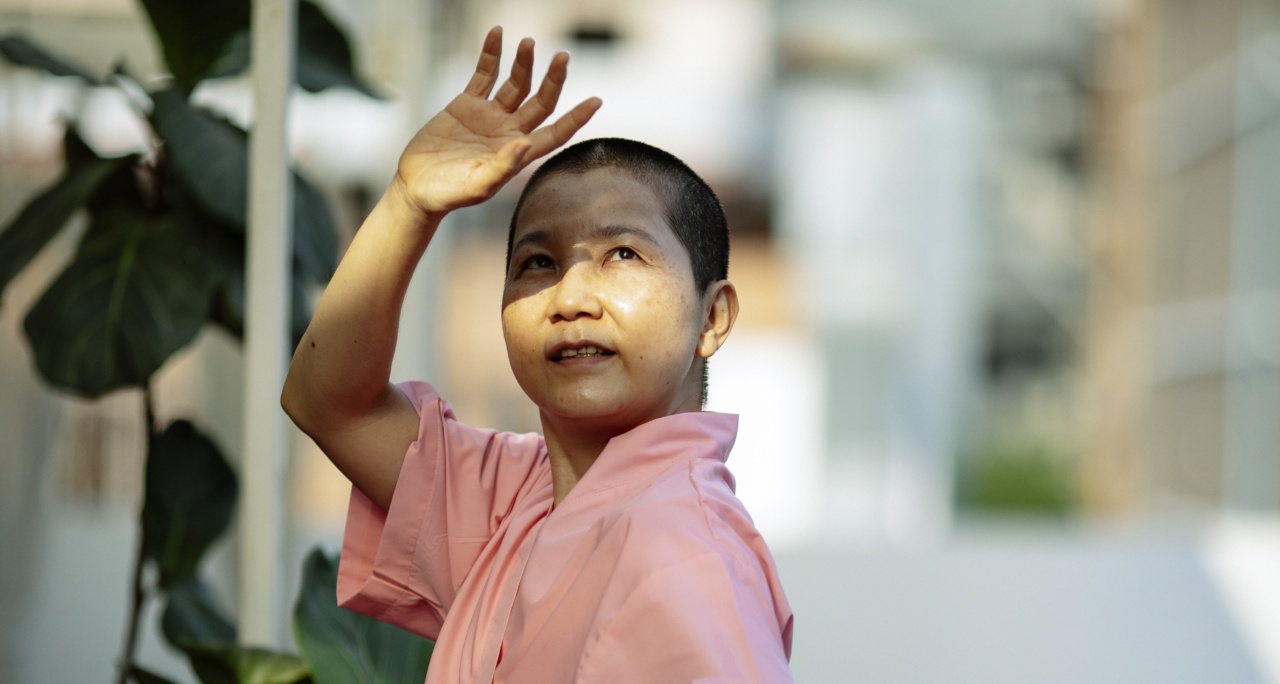Liver cancer is a type of cancer that starts in the liver cells. The liver is an important organ that produces bile to help digest fats, stores energy in the form of glycogen, and removes toxins from the body.
Liver cancer is one of the most common types of cancer in the world and is the fourth leading cause of cancer-related deaths worldwide. It is estimated that approximately 42,000 cases of primary liver cancer will be diagnosed in the United States in 2021.
Types of Liver Cancer
There are two main types of liver cancer:.
Hepatocellular Carcinoma (HCC)
Hepatocellular carcinoma (HCC) is the most common type of liver cancer, accounting for about 75% of all cases. This type of cancer starts in the hepatocytes, the main type of liver cells.
HCC is usually caused by cirrhosis, which is scarring of the liver caused by long-term damage, such as from hepatitis B or C, alcohol use, or non-alcoholic fatty liver disease.
Cholangiocarcinoma (Bile Duct Cancer)
Cholangiocarcinoma, also known as bile duct cancer, is a type of cancer that starts in the bile ducts, which are tubes that carry bile from the liver to the small intestine.
This type of cancer is less common, accounting for 10-20% of liver cancer cases. Bile duct cancer is often caused by primary sclerosing cholangitis (PSC), a chronic liver disease that causes inflammation and scarring of the bile ducts.
Symptoms of Liver Cancer
Early-stage liver cancer often does not cause symptoms, but as the cancer grows, it can cause the following symptoms:.
- Loss of appetite
- Weight loss
- Fatigue
- Abdominal pain or discomfort
- Swelling in the abdomen
- Nausea and vomiting
- Yellowing of the skin and eyes (jaundice)
- Fever
Risk Factors for Liver Cancer
Several factors increase your risk of developing liver cancer, including:.
- Hepatitis B or C infection
- Cirrhosis
- Non-alcoholic fatty liver disease (NAFLD)
- Excessive alcohol consumption
- Exposure to aflatoxins, which are toxins produced by mold that can contaminate grains and nuts
- Diabetes
- Family history of liver cancer
Preventing Liver Cancer
There are several ways to reduce your risk of liver cancer:.
Get vaccinated for Hepatitis B
The hepatitis B vaccine can protect you from the hepatitis B virus, which is a major cause of liver cancer.
Get screened for Hepatitis C
Early detection and treatment of hepatitis C can prevent liver damage and reduce the risk of liver cancer.
Avoid excessive alcohol intake
Drinking too much alcohol can damage the liver and increase the risk of liver cancer. It is recommended that men consume no more than two alcoholic drinks per day, and women consume no more than one alcoholic drink per day.
Eat a healthy diet
A healthy diet can help reduce the risk of liver cancer. It is recommended that you eat plenty of fruits, vegetables, whole grains, and lean proteins, and limit your intake of processed and fried foods.
Maintain a healthy weight
Being overweight or obese can increase the risk of liver cancer. It is important to maintain a healthy weight through regular exercise and a healthy diet.
Avoid exposure to toxins
Avoiding exposure to aflatoxins and other toxins can reduce the risk of liver cancer. You can reduce your exposure to aflatoxins by storing grains and nuts in a cool, dry place and discarding any that appear moldy.
Conclusion
Liver cancer is a serious condition that can be prevented through lifestyle changes and regular screening. If you have any of the risk factors for liver cancer, talk to your doctor about how you can reduce your risk and get screened for the disease.





























